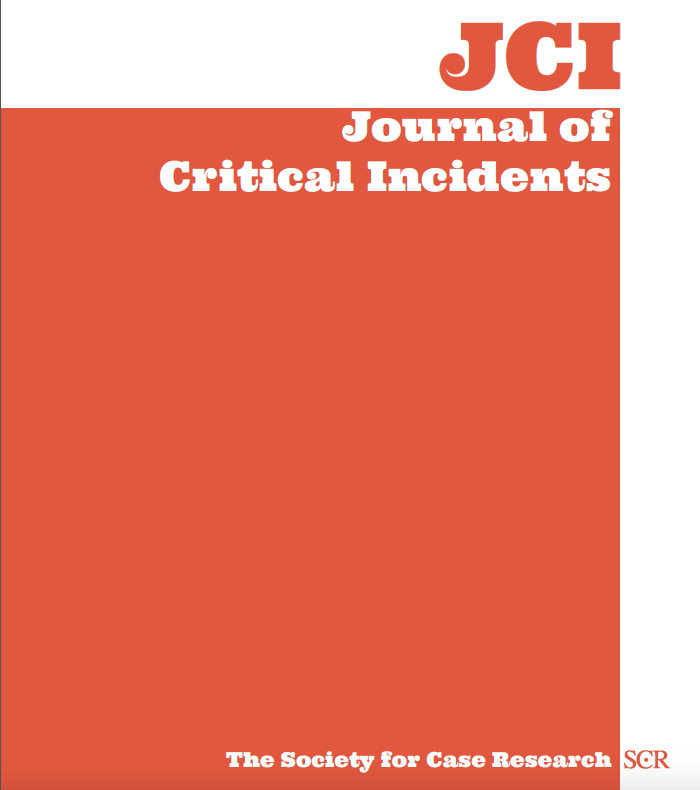Maritime search and rescue in the Bahamas: An opportunity or excessive cost for the U.S. Coast Guard?

The U.S. Coast Guard has enjoyed a generally positive working relationship with the government of the Bahamas for decades. As the primary responsible party for maritime search and rescue (SAR) within the Bahamian archipelagic zone per the Grey Agreement, the Coast Guard’s District Seven (D7) frequently stretches its resources far beyond U.S. borders. Despite routinely providing assistance to other nations that fall within its area of responsibility, D7 does not assume the burden of SAR responsibility for any zone besides the Bahamas. Fiscal constraints necessitate that the opportunity cost of this mission be measured. The U.S. government has four primary courses of action available in this case: renegotiate the provisions of the Grey Agreement, maintain the status quo, or seek to dissolve the agreement entirely, with or without a new agreement. A thorough public policy analysis, an assessment of international relations implications, and both ethical and legal concerns must be considered.
In completing this assignment, students should be able to:
1. Analyze the implications of the Grey Agreement within the context of public policy
2. Evaluate the viability of cooperative international agreements and their repercussions/ benefits to key stakeholders
3. Propose and defend an appropriate strategy to respond to an intergovernmental decision point, incorporating legal and ethical considerations
Application
This case is most appropriate for advanced undergraduate or graduate-level courses in public administration, public policy, international relations, and business law.
